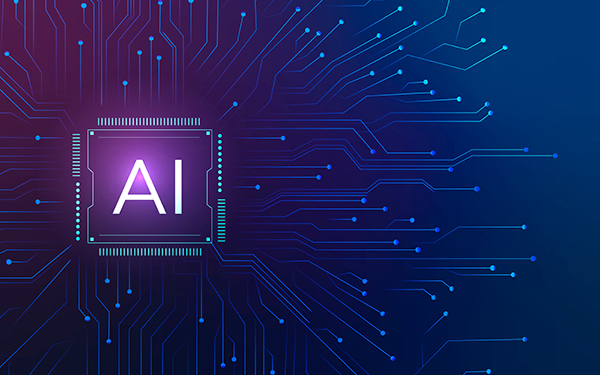In today’s race to adopt AI, the legal industry faces a critical question: Will we use this technology to uphold justice, or risk undermining it? For MiAI Law, the answer is clear. Responsibility and innovation are not opposites; they’re inseparable.
In a recent episode of X-Raised, MiAI Law CEO and award-winning barrister Laina Chan offered a frank, forward-looking perspective on how the profession can balance tech-driven progress with its core ethical obligations.
“Not all AI tools are created equal,” Laina cautioned. “Some overpromise and underdeliver. If the output isn’t credible or evidence-based, it’s not helping, it’s harming.”
This principle is one of the pillars behind MiAI Law’s development. Rather than focus on speed alone, the platform is engineered for reliability, accountability, and legal integrity. MiAI Law analyzes curated databases of primary sources, case law, and legislation, rather than scraping the internet for superficial summaries. Its results are hyperlinked, verifiable, and built for court-readiness.
But Laina doesn’t shy away from the tough questions, especially around bias and fairness.
“Judges are human. Human judgment means human bias,” she noted. “You can’t eliminate that, but you can understand it.” That’s why MiAI Law’s platform includes judge-level behavioral tracking, mapping how different judges respond to certain types of evidence or arguments. This helps lawyers prepare more effectively, with insight, not guesswork.
When asked if AI should ever play a role in judicial decision-making, Laina was equally clear: AI can assist, but it should never replace human judgment. From reviewing court books to organizing pleadings, AI can lighten the load, but judgment must remain in human hands.
MiAI Law takes that position seriously. Every AI-generated result is meant to support, not substitute, legal reasoning. “Think of it like a junior lawyer,” Laina explained. “You still need to check their work.”
The company is equally strong on data security and privacy. MiAI Law does not use client data for training, and all information is encrypted, siloed, and protected with military-grade security measures. “Compliance isn’t an afterthought, it’s the foundation,” said Laina.
And with regulatory practices catching up, Laina welcomes oversight. Courts like the Supreme Court of New South Wales have already introduced guidance requiring lawyers to disclose AI use in submissions. MiAI Law is built with these expectations in mind, reinforcing transparency by design.
As for the next generation of lawyers? Laina believes AI literacy should be taught in law school. “It’s like calculators in math. We don’t ban them, we teach students how to use them wisely.”
MiAI Law’s upcoming launch is set to deliver exactly that kind of wisdom. The platform’s “needle in the haystack” feature is designed to help lawyers pinpoint pivotal cases in seconds. And as Laina puts it, this is only the beginning.
“We’re releasing our iPhone 1,” she said. “It’s solid. It works. And we’ll keep building from there.”
MiAI Law isn’t just another legal tech company; it’s a reflection of what the legal industry can be when excellence meets ethics.



